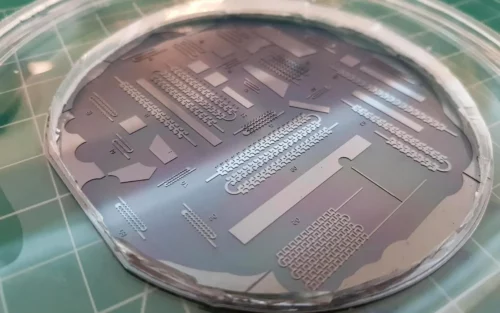Researchers have developed a way to non-invasively diagnose cancer mitigating any risk of complications due to surgery.

Cancer is the leading cause of deaths around the world. It is the cause of every sixth death globally. People suspected with cancer, particularly in organs such as the liver, colon, or kidney, often require surgery for a definitive diagnosis. The disease is often diagnosed after a critical stage resulting in severe condition by the time. Treating it on the other hand involves high risk of complications due to surgery and that too at a very high cost.
Researchers from the University of Technology Sydney (UTS) have developed a new device that can detect and analyze cancer cells from blood samples, enabling doctors to avoid invasive biopsy surgeries and monitor treatment progress. “Managing cancer through the assessment of tumor cells in blood samples is far less invasive than taking tissue biopsies. It allows doctors to do repeat tests and monitor a patient’s response to treatment,” said Professor Majid Warkiani from the UTS School of Biomedical Engineering.
A single tumor cell can exist among billions of blood cells in just one milliliter of blood, making it very difficult to find. The new detection technology has 38,400 chambers capable of isolating and classifying the number of metabolically active tumor cells. Once the tumor cells are identified with the device, they can undergo genetic and molecular analysis, which can aid in the diagnosis and classification of the cancer and inform personalized treatment plans.
Circulating tumor cells are also precursors of metastasis – where cancer migrates to distant organs – which is the cause of 90% of cancer-associated deaths. Studying these cells may provide insights into the biology of cancer metastasis, which can inform the development of new treatments. This new technology is designed for integration into research and clinical labs without relying on high-end equipment and trained operators. This will enable doctors to diagnose and monitor cancer patients in a practical and cost-effective manner.
Reference: “Rapid metabolomic screening of cancer cells via high-throughput static droplet microfluidics” by Payar Radfar, Lin Ding, Laura Rodriguez de la Fuente, Hamidreza Aboulkheyr, David Gallego-Ortega and Majid Ebrahimi Warkiani, 16 December 2022, Biosensors and Bioelectronics.
DOI: 10.1016/j.bios.2022.114966








